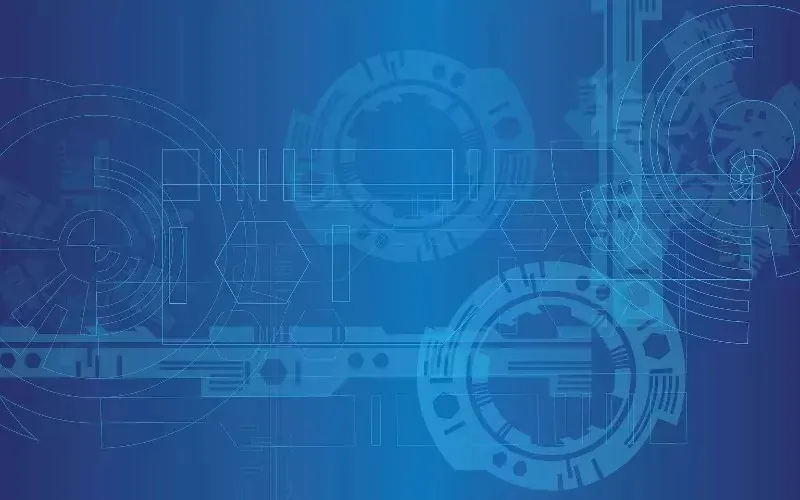AI is transforming how we interact with technology, offering new ways to enhance digital images, particularly those from older devices.
The capabilities of AI extend beyond photo enhancement, presenting opportunities and challenges across various fields.
In the era of digital technology, snapping photos has become second nature to many, often resulting in an accumulation of cherished images. However, older photos captured on early camera phones often suffer from graininess. Now, with the advent of AI, these photos can be rejuvenated, offering a new lease of life to otherwise forgotten memories.
Nvidia, in collaboration with MIT and Aalto University, has pioneered research that uses AI trained with 50,000 images to predict what a photo should look like beyond its inherent grain. Such technology not only provides a means to improve image quality but also preserves precious moments that may have been consigned to obscurity.
As artificial intelligence continues to evolve, it becomes a focal point for critical discussion. Notably, ex-politician Henry Kissinger has raised concerns about humanity’s readiness for AI in a global context. His exploration, shared in The Atlantic, outlines potential pitfalls of AI misunderstanding human instructions due to lack of context.
Kissinger’s insights prompt a call to action, urging the US government to prioritise AI within national agendas and to establish a commission focusing on its societal implications. This highlights the dual nature of AI as both a revolutionary tool and a potential source of grave challenges.
Stanford University’s recent strides in healthcare AI underline the sector’s potential. By analysing the interactions between 19,000 proteins and various drugs, AI promises to better predict adverse drug reactions.
With thousands of medicines available, the complexity of potential side effects when drugs are combined is immense. AI’s pattern recognition capabilities offer a method to predict these outcomes, potentially reducing incidences of medication-related complications.
Such innovations herald a new era of precision medicine, where treatment plans are not only tailored but also safer and more effective, thanks to the predictive power of AI.
As technology continues to advance, the relationship between AI and human society must be carefully navigated. The integration of AI in daily life highlights the need for thoughtful consideration of ethical and practical implications.
While the potential for AI to enrich lives is immense, it calls for an informed discourse on ensuring the technology serves humanity’s best interests. Balancing innovation with responsibility remains a key challenge.
The future landscape of AI is one of promise and caution, requiring cooperation across sectors to harness its full potential while mitigating risks.
AI is reshaping technology, from reviving old photos to revolutionising healthcare.
By understanding and adapting to these advancements, society can harness AI’s full potential.

